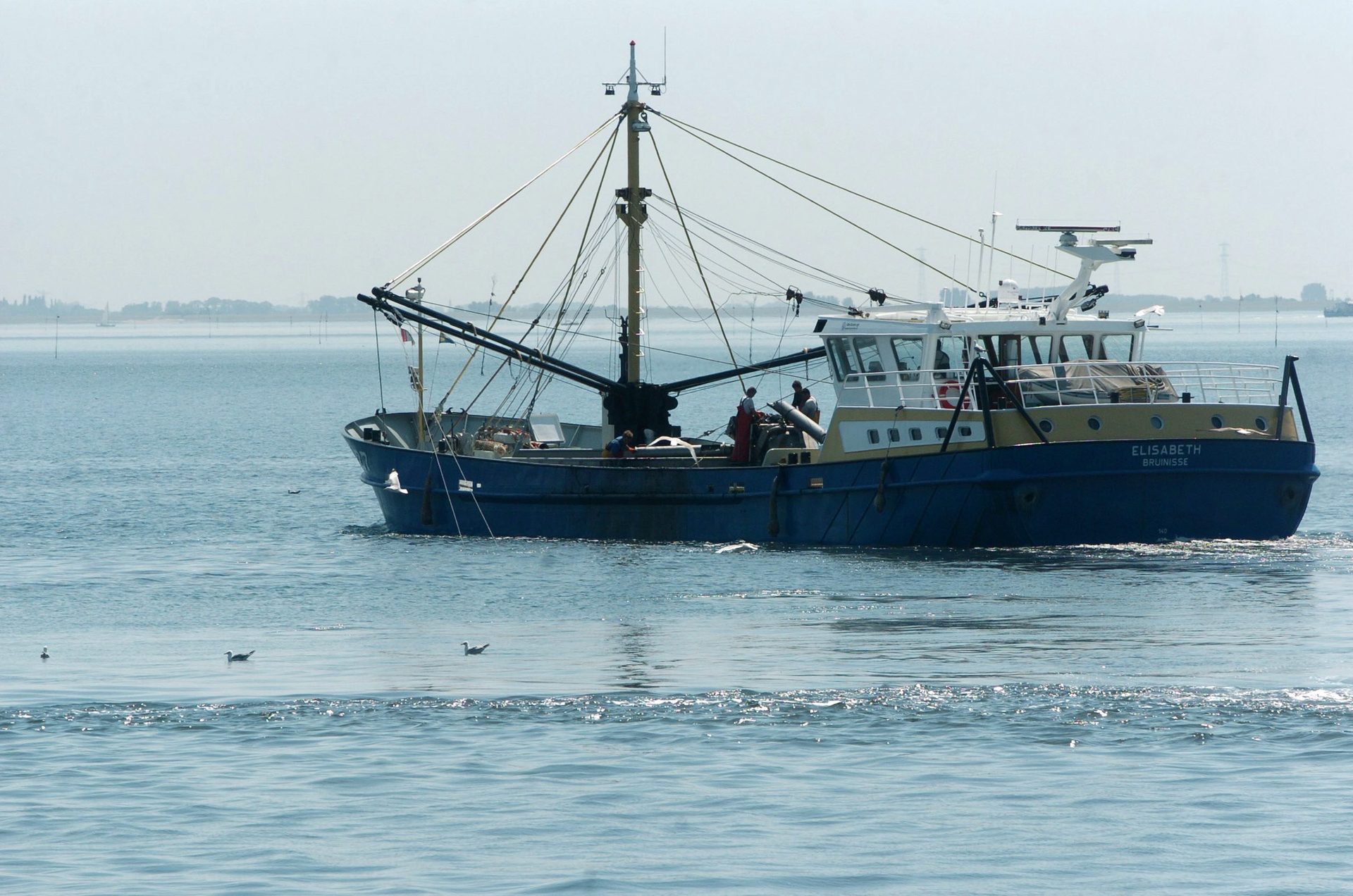Overfishing in international waters has increased over the past five years, making clear the urgent need to ratify the recent international treaty to protect the high seas by creating marine sanctuaries, Greenpeace argues.
In a report published on Wednesday, the environment NGO called for as many countries as possible to sign the treaty at the UN General Assembly in New York next week.
Finalized in June, the text has been praised as a "historic" agreement to provide better protection for all the oceans, whose good health is so vital for humanity's survival. One of its key measures is the creation of marine protected areas on the high seas, in zones further than 370 km from a coastline.
In order to meet the COP15 target to protect 30% of the planet’s land and oceans by 2030, immediate action must be taken. "There is no time to lose", Chris Thorne, head of ocean issues at Greenpeace, told AFP. "The threats to the oceans are getting worse, governments must act now."
Related News
- US formally accepts agreement to ban fishery subsidies that threaten global fish stocks
- Belgian fishing industry flounders
The report makes clear that efforts so far have come to nothing. In fact, it remarked that "the reality at sea is going in the opposite direction to the ambition stated in the treaty".
The number of hours of fishing on the high seas increased by 8.5% between 2018 and 2022, researchers found after compiling data that tracks the movements of boats through their transmitters. Worryingly, this increase in activity is particularly pronounced in ecologically sensitive areas identified by the UN as potential future marine sanctuaries.
In these zones fishing hours have increased by 22.5% over the same period. "Overfishing is a huge problem," Thorne affirmed. Combined with global warming, pollution and the acidification of the seas, it is "pushing our oceans to the brink."

